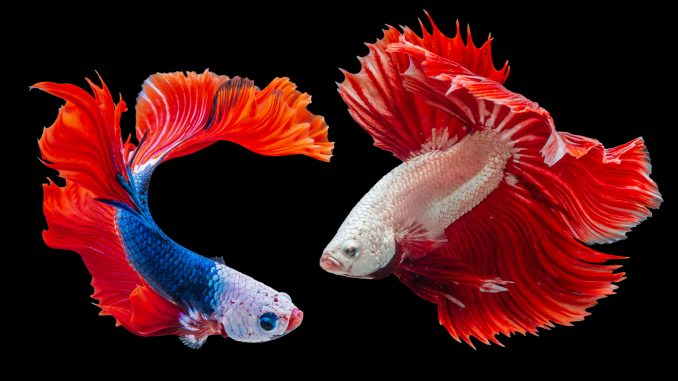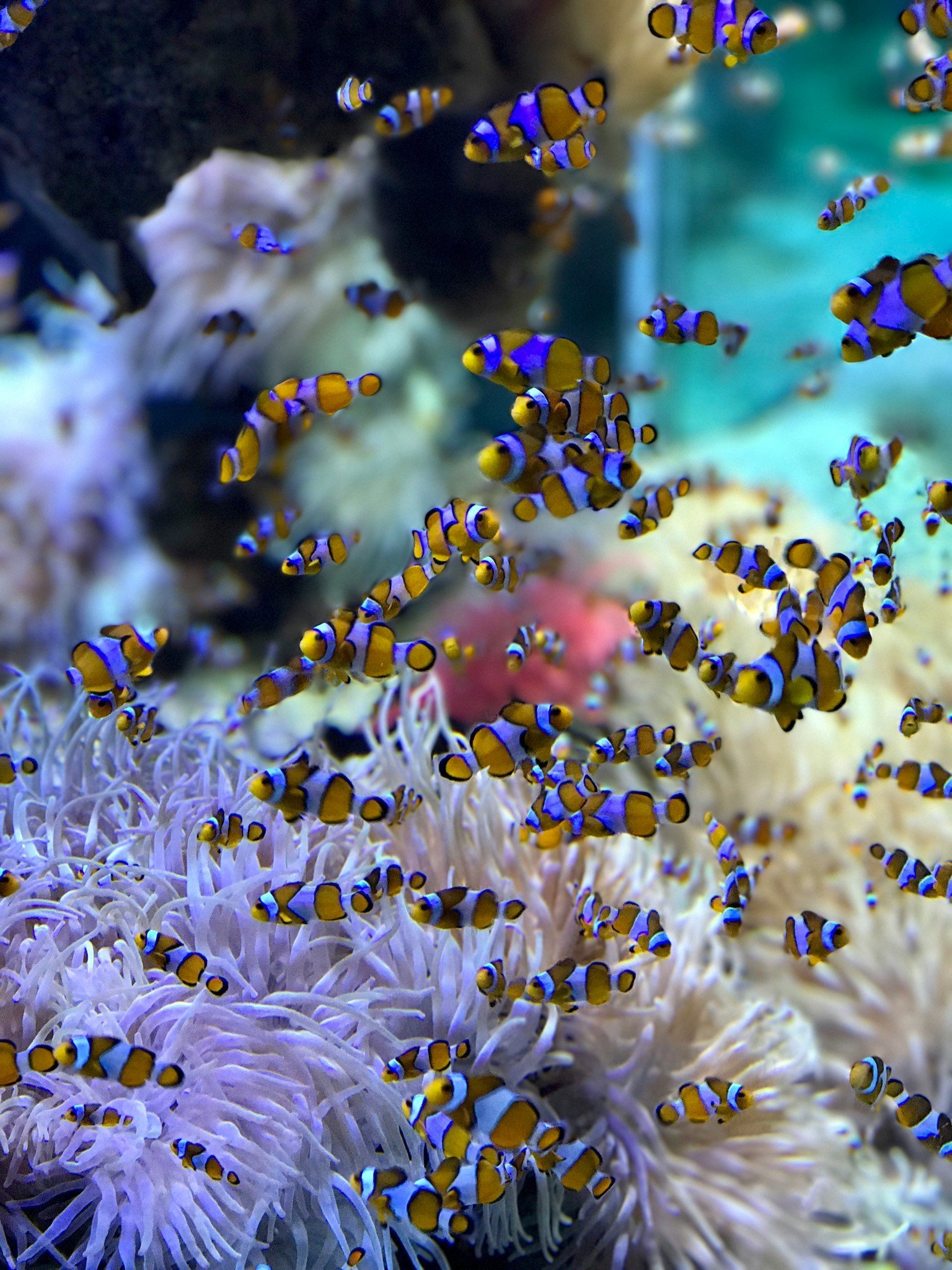
In the quest for tranquility and a slice of nature within our homes, many have turned to fishkeeping, a hobby that has seen a surge in popularity over recent years. Beyond its aesthetic appeal, fishkeeping has woven itself into the fabric of animal-assisted therapy, emerging as a quiet contender in the arena of mental health support. This article delves into the serene world of aquariums, exploring the psychological benefits of fishkeeping and its potential as a therapeutic tool. Aimed at healthcare students, we embark on a journey to understand how nurturing an underwater ecosystem can impact mental well-being, offering insights into the broader implications for future healthcare practices.
Fishkeeping’s Appeal
Fishkeeping, the practice of maintaining an aquatic environment for fish, plants, and other aquatic life, encompasses a range of activities from simple bowl habitats to complex aquarium systems. This hobby attracts enthusiasts for various reasons: the beauty and diversity of aquatic life, the challenge of ecosystem management, and the tranquility of water. Historically, cultures around the world have recognized the value of fishkeeping, from the ornamental carp ponds of ancient China to the grand aquariums of Victorian England, underscoring its enduring appeal. At its core, fishkeeping connects individuals to the natural world, providing a unique combination of aesthetic enjoyment and the satisfaction of caretaking. Today, enthusiasts share their aquariums and experiences on social media, fostering a global community of fishkeepers.
Psychological Benefits of Fishkeeping
The serene motion of fish gliding through water, the rhythmic hum of filters, and the vibrant hues of aquatic plants contribute to a peaceful environment that many find mentally restorative. Studies have shown that observing aquariums can significantly reduce stress and anxiety, offering a moment of calm in our often hectic lives. This effect is not just anecdotal; scientific research backs the stress-reducing benefits of watching aquatic life. The act of fishkeeping, with its routine of feeding, cleaning, and monitoring, encourages mindfulness and a present-focused mindset. It’s a natural embodiment of the therapeutic principle where the simple question, “Can you do my assignment for me?” transforms into “Can I take a moment for myself?”—highlighting the shift from external pressures to internal peace.
Fishkeeping as a Form of Therapy
The calming effect of aquariums has not gone unnoticed in clinical settings. From the waiting rooms of dental offices to the common areas of hospitals and private therapy practices, aquariums have been integrated to create a soothing environment for patients and staff alike. Anecdotal evidence and some studies suggest that the presence of an aquarium can lower blood pressure, reduce pain, and improve mood in various medical settings. This has led to a growing interest in utilizing fishkeeping as part of therapeutic practices, particularly for individuals dealing with anxiety, depression, and chronic stress. The rhythmic nature of an aquarium—its sounds, sights, and the care it requires—offers a unique form of engagement that is both calming and engaging, promoting mental well-being in a gentle, non-invasive manner.
These initial sections lay the foundation for understanding fishkeeping not just as a hobby but as a meaningful pursuit with significant implications for mental health and therapeutic practices.

The Role of Fishkeeping in Healthcare Education
Healthcare students stand at the forefront of a paradigm shift towards holistic patient care, where understanding the therapeutic benefits of fishkeeping could play a pivotal role. Recognizing the importance of non-pharmacological interventions, students can explore fishkeeping’s potential as a complementary therapy. This knowledge encourages future healthcare professionals to consider environmental and lifestyle factors, like aquarium therapy, that significantly impact mental health. Integrating awareness of fishkeeping’s benefits into healthcare education not only broadens the scope of patient care strategies but also fosters a more empathetic approach to treatment. It prompts students to appreciate the subtle yet profound ways in which our surroundings can influence well-being, preparing them to incorporate holistic methods into their practice.
Can It Be Hard?
While fishkeeping offers numerous mental health benefits, it is not without its challenges. The initial setup and ongoing maintenance of an aquarium require time, financial investment, and a deep understanding of aquatic ecosystems. These demands can potentially offset the therapeutic advantages if not managed well, turning a source of relaxation into a stressor. Furthermore, ethical considerations play a crucial role in responsible fishkeeping. It involves ensuring the well-being of aquatic life, understanding the ecological impact of fish trade, and advocating for sustainable practices. As such, healthcare students and professionals exploring fishkeeping as therapy must balance these factors, ensuring the hobby remains a positive influence on mental health.
Takeaway
The tranquil world of fishkeeping opens a window to a myriad of therapeutic benefits, offering a peaceful escape from the stresses of daily life. For healthcare students, understanding the impact of fishkeeping on mental health extends beyond personal interest, weaving into the fabric of comprehensive patient care. It represents an intersection of science, empathy, and environmental stewardship, highlighting the importance of holistic approaches to health and wellness. As we delve into the therapeutic potential of aquariums, the journey is not just about observing life through glass walls but about recognizing the profound effects our environment has on mental well-being.
For those healthcare students inspired to integrate fishkeeping into their studies or personal lives, remember that challenges are part of the learning process. Whether it’s setting up your first tank or writing a paper on the subject, seeking assistance when needed is a sign of strength. In this spirit, reaching out to the best dissertation writing service for guidance on academic assignments can be a step towards achieving excellence, just as seeking advice from aquarists can enhance your fishkeeping journey. Embracing both the serene beauty of aquariums and the discipline they require can enrich our lives and the lives of those we aim to heal, offering a splash of tranquility in a turbulent world.


Be the first to comment